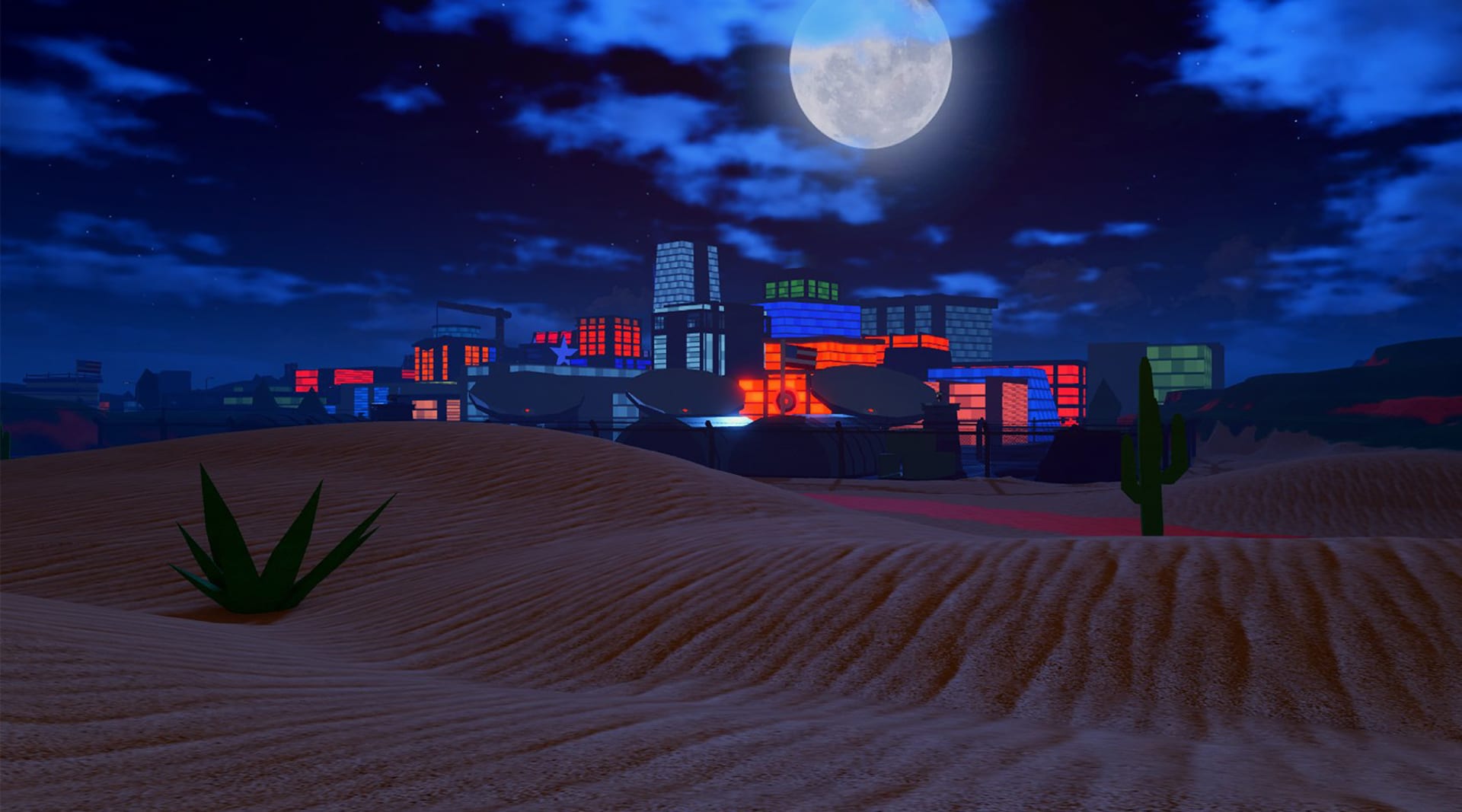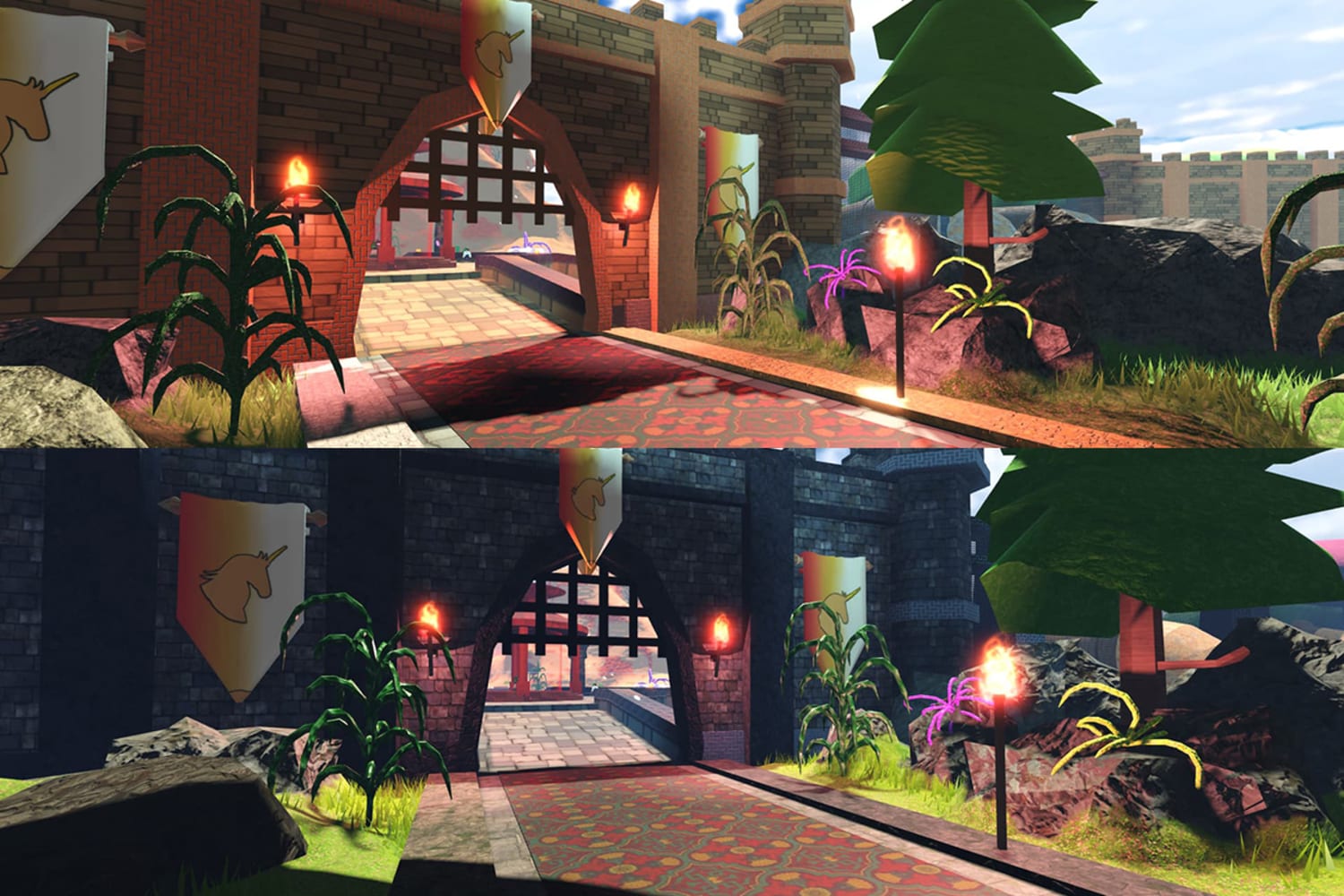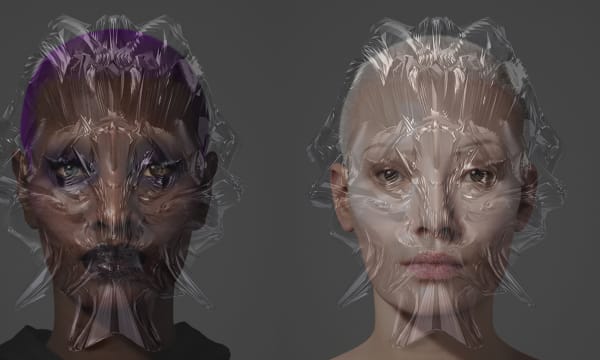Roblox released a new tool to elevate the realism of its virtual worlds in May. Called Materials, the updated function allows everyday users to upload, create, and customize their own blocks and textures, giving them the heightened control over the appearance of their worlds and creations that developers traditionally have. Alex Balfanz, a creator of the Roblox experience Jailbreak, said that “for a lot of players, I think it’s going to open up a lot of freedom of features and interactions between physics.”
Victoria VR, launched in 2022, created a hyper realistic metaverse built on Unreal Engine. Utilizing updated gaming technology and visuals, the virtual platform effectively blends the physical and digital worlds in a decentralized organization (DAO) – meaning it’s created and owned by its users. The realm is made up of ultra-realistic elements, lifelike effects and landscapes that meet and surpass physical limitations and expectations. In a report released by the company, the platform deems itself “the World’s first realistic Metaverse in VR built on the Blockchain.”
For those interested in purchasing land, building homes, and truly integrating their physical lifestyles into the digital realm, Everdome is the hyper realistic metaverse space to turn to. Mirroring real life assets, industries, and landscapes, the platform opened sales of its six districts in May: Sports and Entertainment, finance, innovation, well-being, design, and business. Hosted on Unreal Engine 5, Everdome’s mission is to create “a fully ubiquitous web3 experience - to the point when you take off your VR headset you won’t be able to tell what’s real and what’s not,” according to their website.




